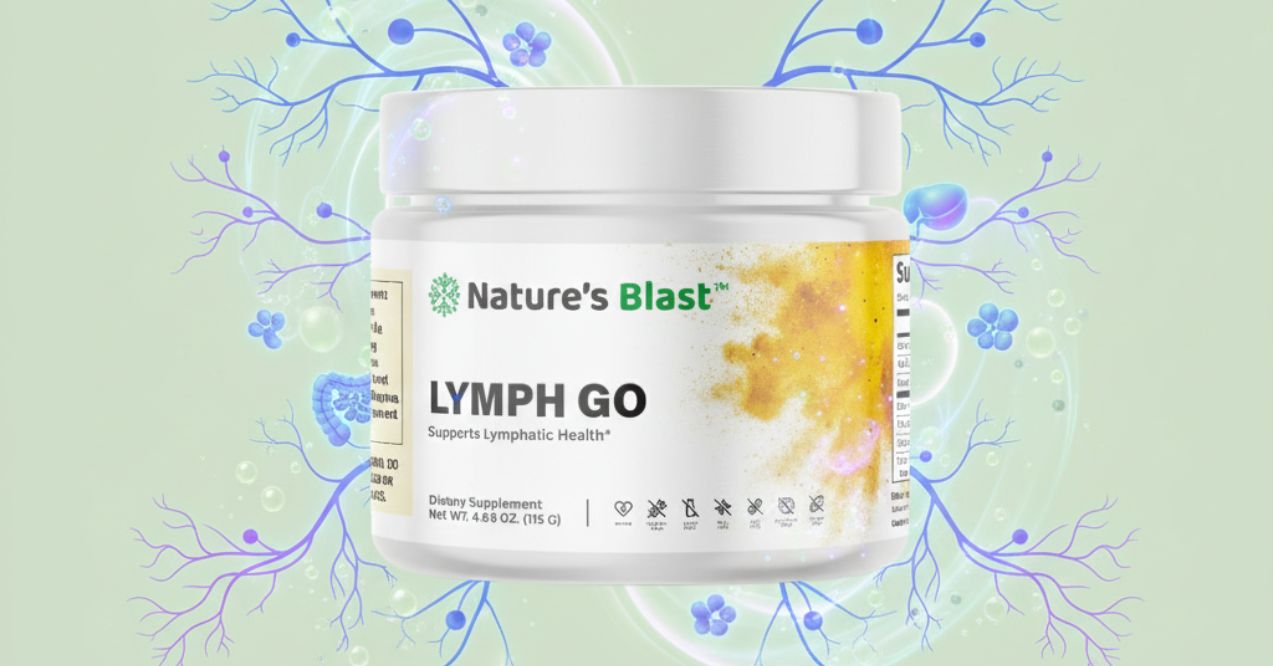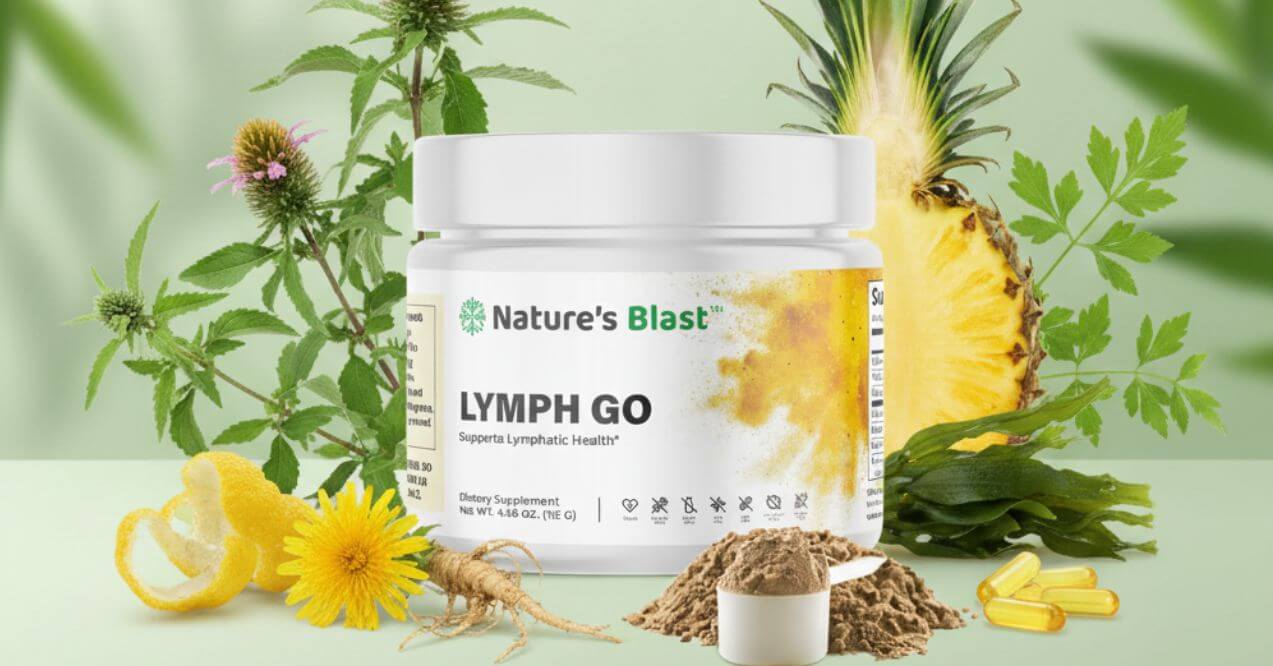5 Worst Foods for Your Lymphatic System
Medically reviewed by our experts
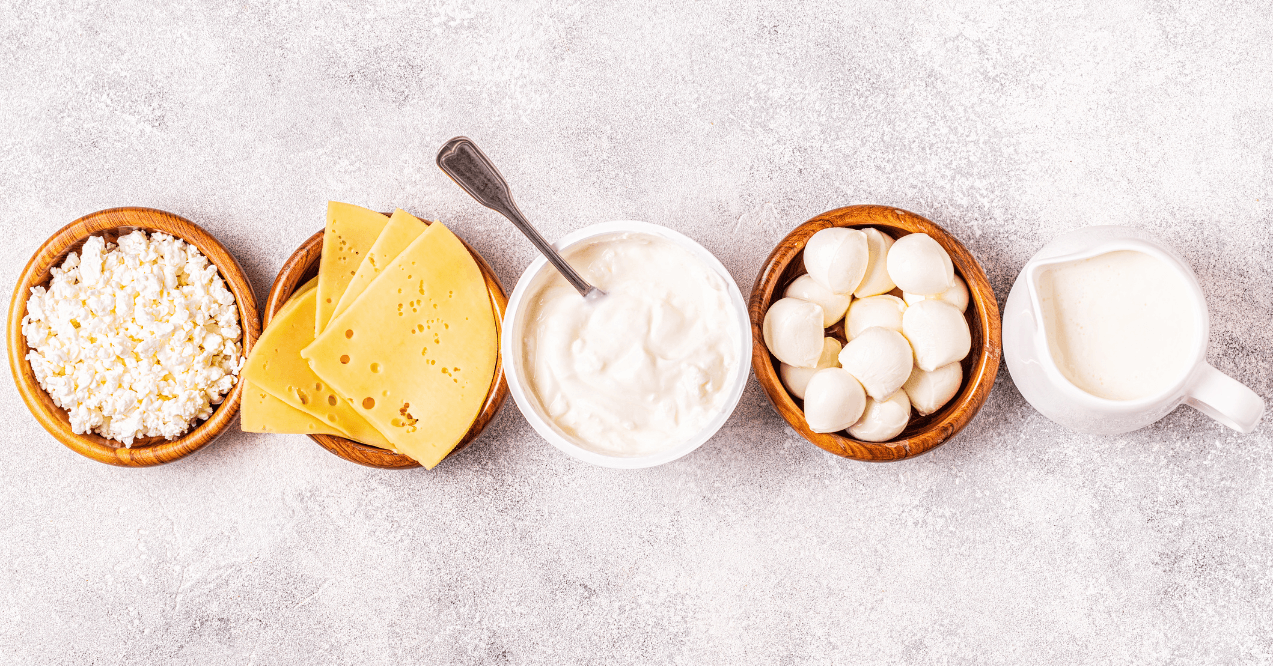

Your lymphatic system is essential for clearing toxins and supporting immune strength. As you age, diet becomes a key factor in how effectively this system functions. Poor food choices may slow drainage, causing swelling, fatigue, and waste buildup. This guide explains the worst foods for lymphatic system health and shows simple steps to keep your body’s natural cleansing process strong and balanced.
What is the Lymphatic System?
The lymphatic system is a network of vessels, nodes, and organs that maintains fluid balance and strengthens your immune defense. The lymphatic system helps remove waste products, absorb fats from the digestive tract, and transport immune cells throughout your body.
When the system works efficiently, it clears waste, absorbs fats, and circulates immune cells. However, when it becomes sluggish or blocked, swelling, fatigue, and frequent infections can appear. Choosing foods that promote drainage helps your body stay clear and energetic.
How Food Affects the Lymphatic System?
Food choices have a direct impact on how well your lymphatic system functions. Processed and salty foods increase inflammation and water retention, while unhealthy fats make lymph fluid thicker and harder to move. Artificial additives also create extra toxins for your system to filter out.
Some people find that food sensitivities trigger swollen lymph nodes or lymphatic acne, signs of internal congestion. Other people also notice that allergies cause swollen lymph nodes when certain food sensitivities trigger immune reactions. By focusing on whole, natural foods instead of the worst foods for lymphatic system function, you help maintain a cleaner, more efficient internal flow.
5 Worst Foods for Lymphatic System Drainage
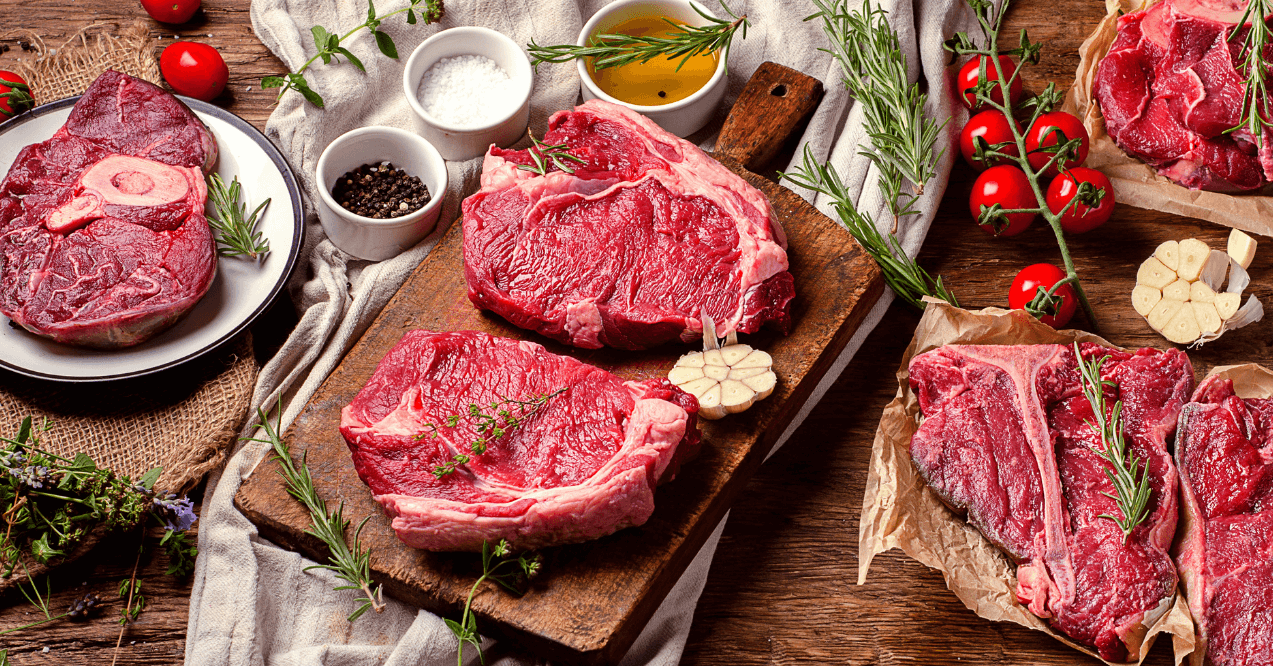
Certain foods can slow your lymphatic system’s ability to remove waste efficiently. These worst foods for lymphatic system drainage often raise inflammation, create mucus, or add unnecessary toxins. Limiting them helps maintain proper lymphatic flow and overall wellness.
Just as there are worst foods for memory that can affect brain function, specific foods can negatively impact your lymphatic drainage. Being mindful of these choices becomes especially important as you age and your lymphatic system naturally becomes less efficient. Let’s explore the five worst worst foods for lymphatic system and why they may be problematic.
1. Processed Foods
Highly processed foods often contain preservatives, additives, and artificial ingredients that may slow down lymphatic function. These substances can add to your body’s toxic burden, creating more work for your lymphatic system to clear.
Many processed foods are also high in sodium, which can lead to water retention and make it harder for your lymphatic system to drain properly. These chemicals may contribute to foods that cause lymph nodes to swell as your body tries to filter out these substances.
Some of the worst offenders include:
- Packaged snacks (chips, crackers)
- Frozen dinners
- Processed deli meats
- Canned foods with added preservatives
- Fast food items
2. Red Meat
Excessive consumption of red meat may contribute to a sluggish lymphatic system. Red meat is harder to break down and contains saturated fats that can increase inflammation when eaten in large amounts. This inflammation may slow down lymphatic flow and make it harder for your system to drain properly.
Factory-farmed meats might also contain hormones and antibiotics that add to your body’s toxic load. These substances put extra strain on your lymphatic system as it works to filter and remove them. Limiting red meat intake and choosing better-quality options when you do eat it may help maintain better lymphatic health.
Types to minimize include:
- Beef
- Pork
- Lamb
- Game meats
- Processed red meats like sausages and bacon
3. Dairy Products
Dairy products may lead to mucus buildup in many people, which may affect lymphatic efficiency. This excess mucus can thicken lymph fluid and slow its movement through your system. Full-fat dairy items also contain saturated fats that might contribute to inflammation when consumed regularly.
Some people have sensitivity to dairy proteins like casein, which can trigger immune responses and potentially cause lymph node swelling. If you notice increased congestion or swelling after consuming dairy, your lymphatic system might be struggling to process these foods efficiently.
The most problematic dairy items include:
- Whole milk
- Cheese
- Ice cream
- Butter
- Cream
Supporting your lymphatic health becomes easier with the right supplements. Natural supplements for lymphatic drainage like Lymph Go combine traditional botanicals that complement healthy movement and lifestyle habits.
The Lymph Go ingredients list features key components such as bromelain, derived from pineapple, promotes comfortable movement and helps maintain fluid balance in tissues. Lemon peel contains beneficial compounds that support healthy blood flow and vascular function.
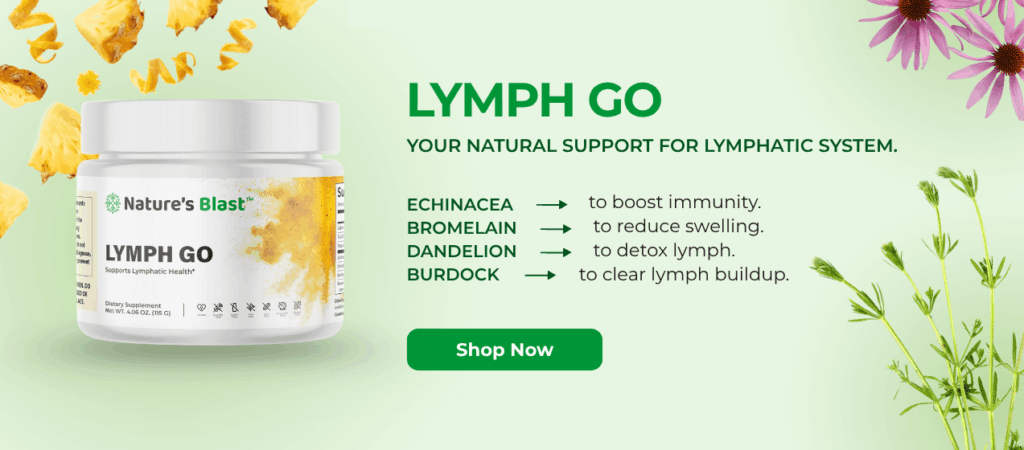
4. Fried Foods
Fried foods are loaded with trans fats and excessive oils that may impact lymphatic drainage. These unhealthy fats can lead to inflammation throughout your body and make lymph fluid thicker and more sluggish. Your lymphatic system must work harder to process these difficult-to-break-down substances.
The high temperatures used in frying also create advanced glycation end products (AGEs), which may damage lymphatic vessels over time. These harmful compounds put extra stress on your body’s filtering systems. Reducing fried food intake is one simple step toward better lymphatic health.
The main culprits to avoid include:
- Deep-fried foods
- Fast food
- Fried snacks
- Battered and fried meats
- Fried desserts
5. Sugar
High sugar intake contributes to inflammation and may lead to poor lymphatic circulation. Sugar causes your body to release inflammatory messengers that can slow down lymphatic flow and make it harder to clear waste products efficiently. The inflammation from sugar consumption may potentially affect the functioning of lymph nodes throughout your body.
Sugar also feeds harmful bacteria in your gut, which can lead to imbalances that affect your immune system and lymphatic function. Cutting back on added sugars is one of the most effective ways to reduce inflammation and support better lymphatic health as you age.
Watch out for sugar in these common forms:
- Candy and chocolate
- Baked goods
- Sweetened beverages
- Breakfast cereals
- Hidden sugars in sauces and dressings
How to Improve Your Lymphatic System?

Improving your lymphatic system function doesn’t have to be complicated. Simple lifestyle changes can make a big difference in how well this important system works for you. By incorporating movement, proper hydration, and nutrient-rich foods into your daily routine, you can help support better lymphatic drainage and overall health.
Some people also explore natural options, such as using lemon peels to help with lymphatic drainage, as part of a broader wellness routine to encourage healthy circulation and fluid balance.
1. Regular Exercise
Regular physical activity improves lymph flow throughout your body. Muscle contractions help push lymph fluid through vessels, enhancing drainage and clearing waste. Even light movement supports better circulation and overall lymphatic health.
Beneficial activities include:
- Daily walking
- Swimming or water aerobics
- Gentle yoga
- Rebounding
- Tai chi
2. Stay Hydrated
Proper hydration keeps lymph fluid thin and moving freely. When you drink enough water, your system clears waste more efficiently and prevents stagnation. When you don’t drink enough water, lymph fluid becomes thicker and moves more slowly through your system. This can lead to stagnation and reduced waste removal from your tissues. Adding lemon or herbal teas can further support healthy lymphatic drainage.
Optimal choices include:
- Plain water with lemon
- Herbal teas
- Cucumber or fruit-infused water
- Fresh vegetable juices
- Coconut water
3. Eat a Nutrient-Rich Diet
A balanced diet filled with whole foods provides nutrients your lymphatic system needs to function smoothly. Fresh fruits, vegetables, and healthy fats reduce inflammation and promote better detoxification. For more extensive cleansing support, consider a structured plan like a 7-Day Liver Cleanse Diet.
Focus on including:
- Leafy greens (kale, spinach)
- Berries and citrus fruits
- Herbs and spices with anti-inflammatory properties
- Nuts and seeds
- Garlic and onions
Conclusion
The worst foods for lymphatic system health—processed foods, red meat, dairy, fried items, and sugar—can slow drainage and increase inflammation, making your body less efficient at clearing toxins.
Replacing these foods with whole, nutrient-dense alternatives while staying hydrated and active helps your lymphatic system perform at its best. With consistent daily choices, you can support natural detoxification, reduce swelling, and feel lighter and more energized.
Focus on daily movement that activates muscle contractions to pump lymph fluid. Dry brushing before showering stimulates surface vessels. Stay well-hydrated and reduce inflammatory foods. Regular massage and deep breathing exercises also improve flow. Consistency with these gentle practices works better than short-term intense approaches.
Water remains the most effective option, especially with added lemon to enhance cleansing properties. Herbal teas like red clover support lymphatic health. Fresh vegetable juices provide nutrients while adding fluid. Green smoothies offer hydration with fiber. Warm ginger water may help boost circulation throughout your system.
Eggs generally support lymphatic health for most people, providing beneficial protein and nutrients. Some individuals may have sensitivities that trigger inflammation. If you notice swelling after eating eggs, try removing them temporarily. Choose pasture-raised when possible and prepare by boiling rather than frying.
FAQ
References
